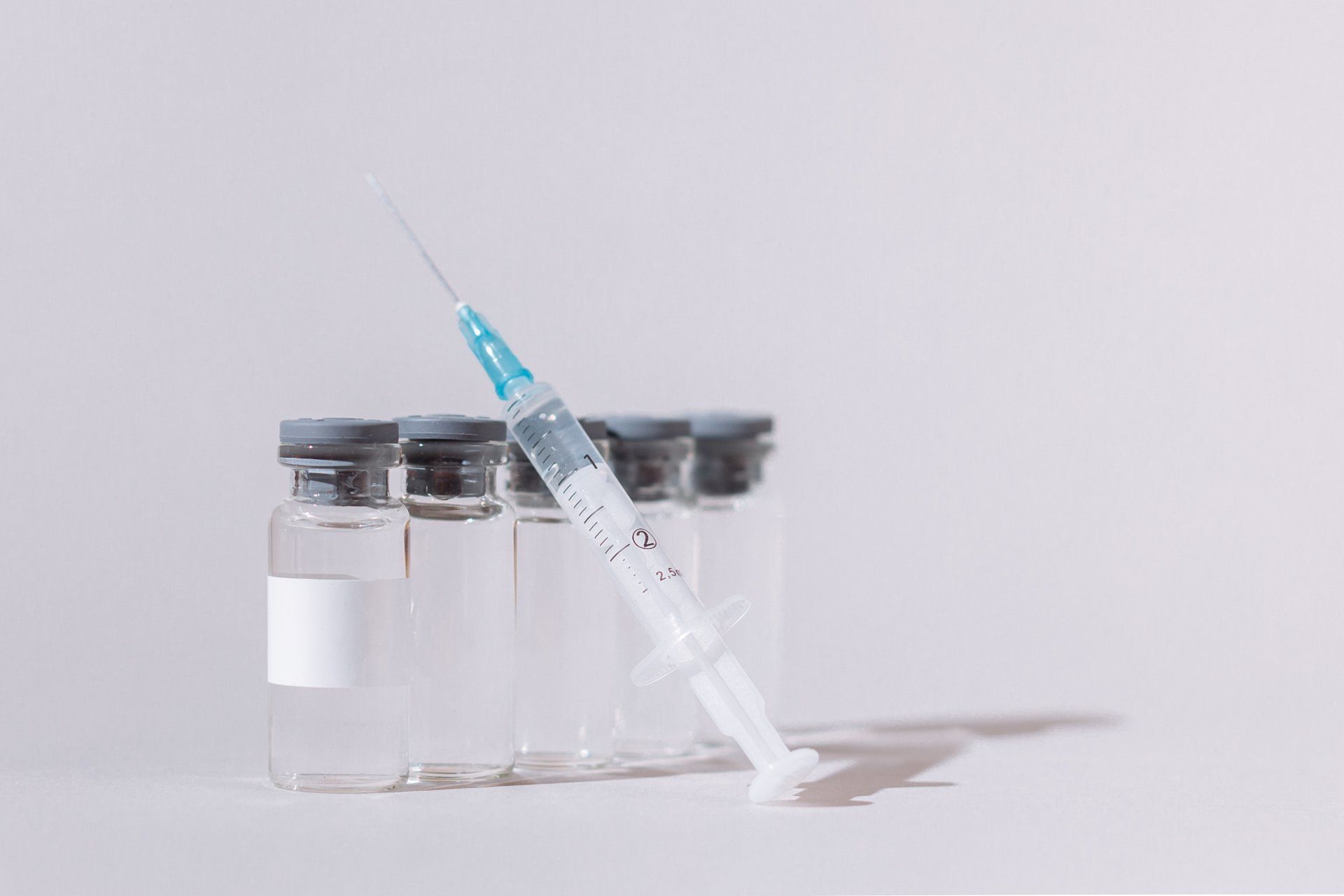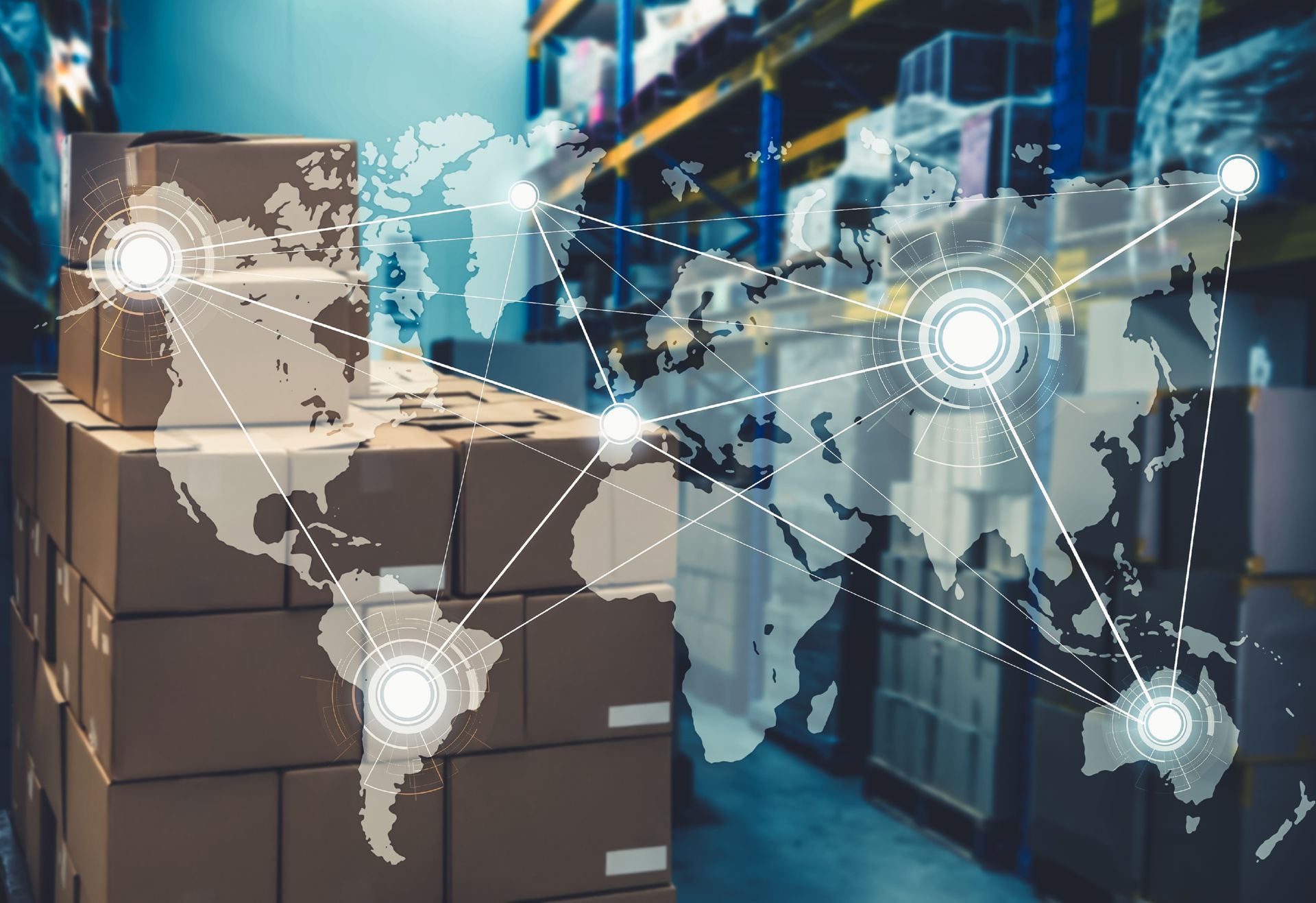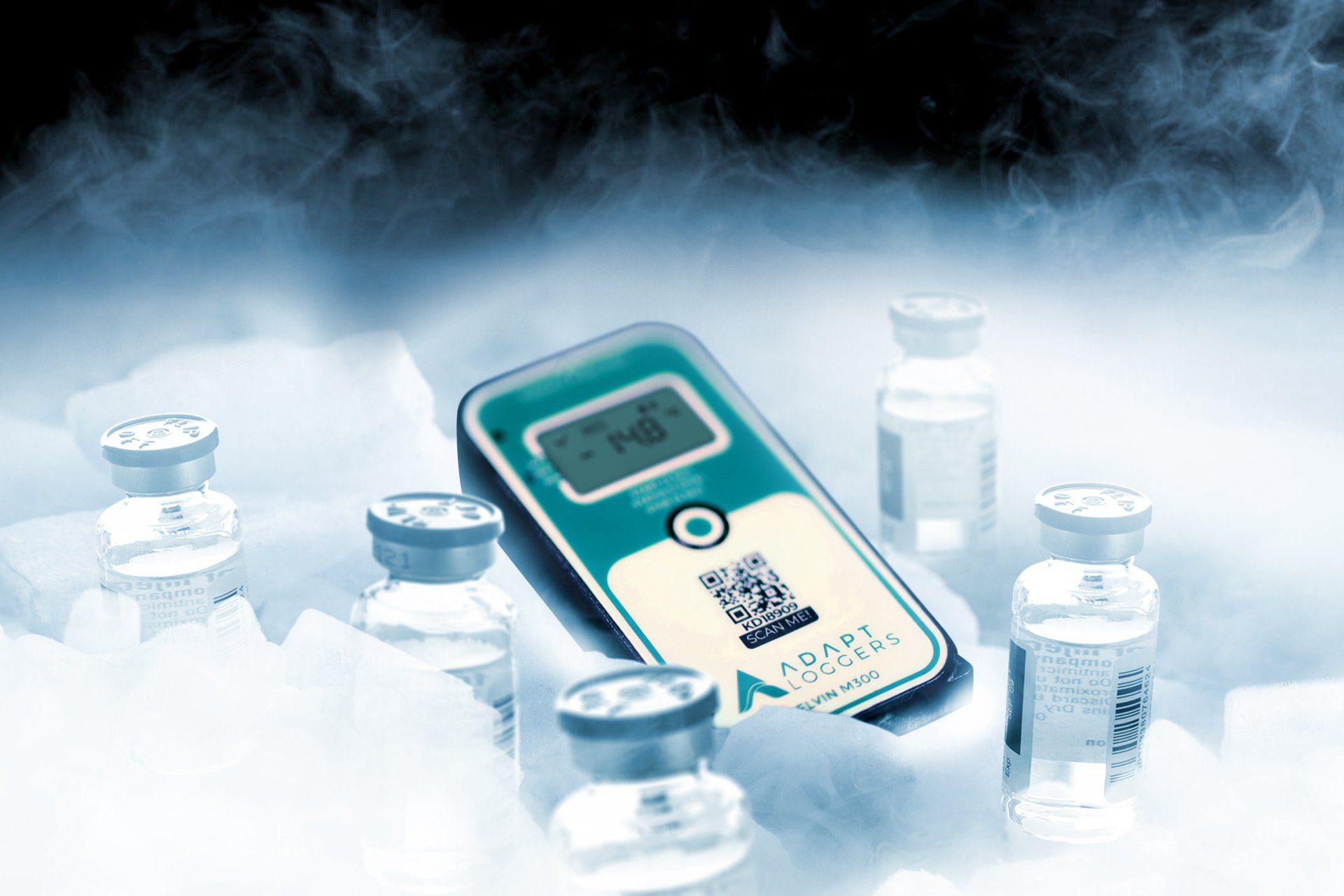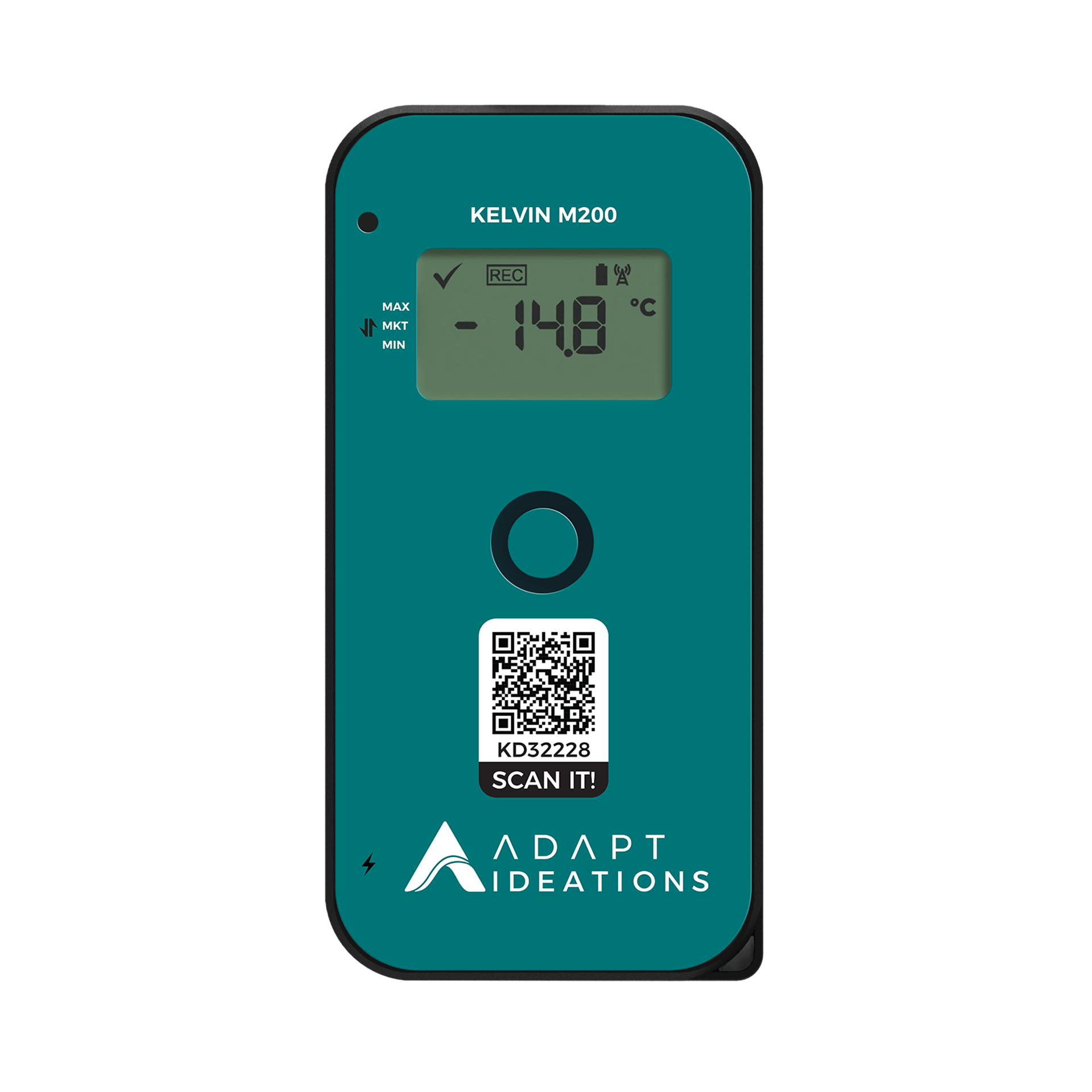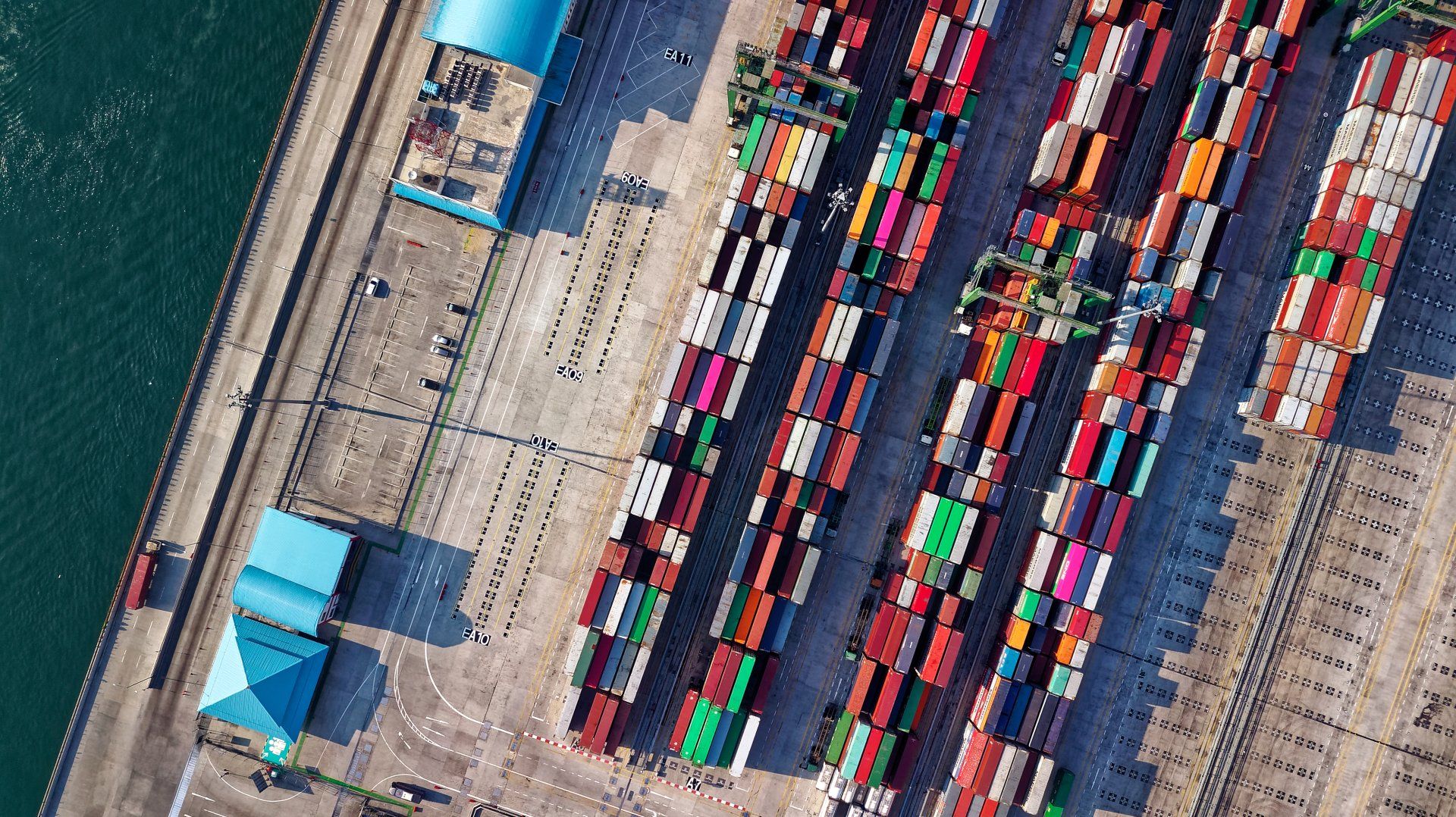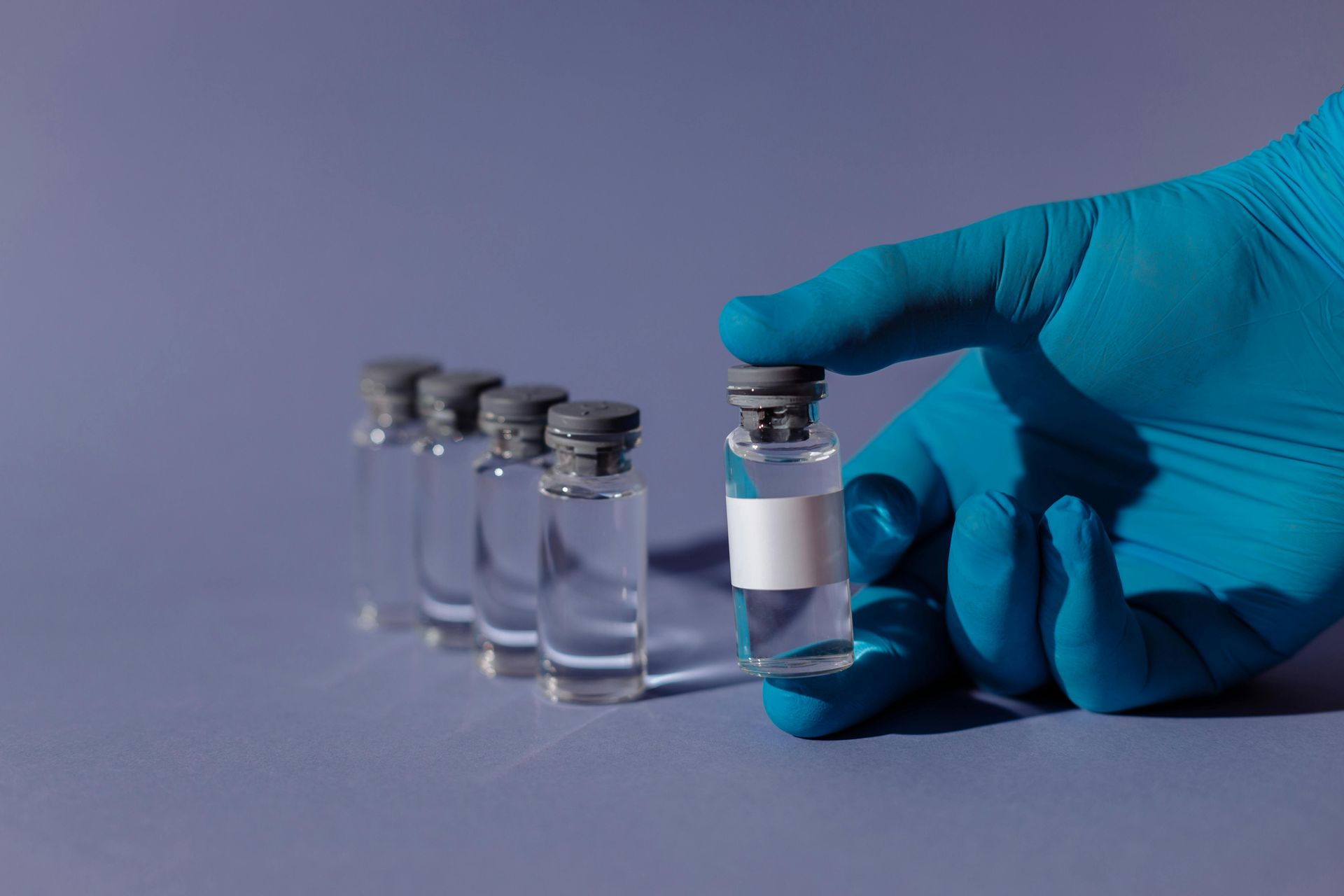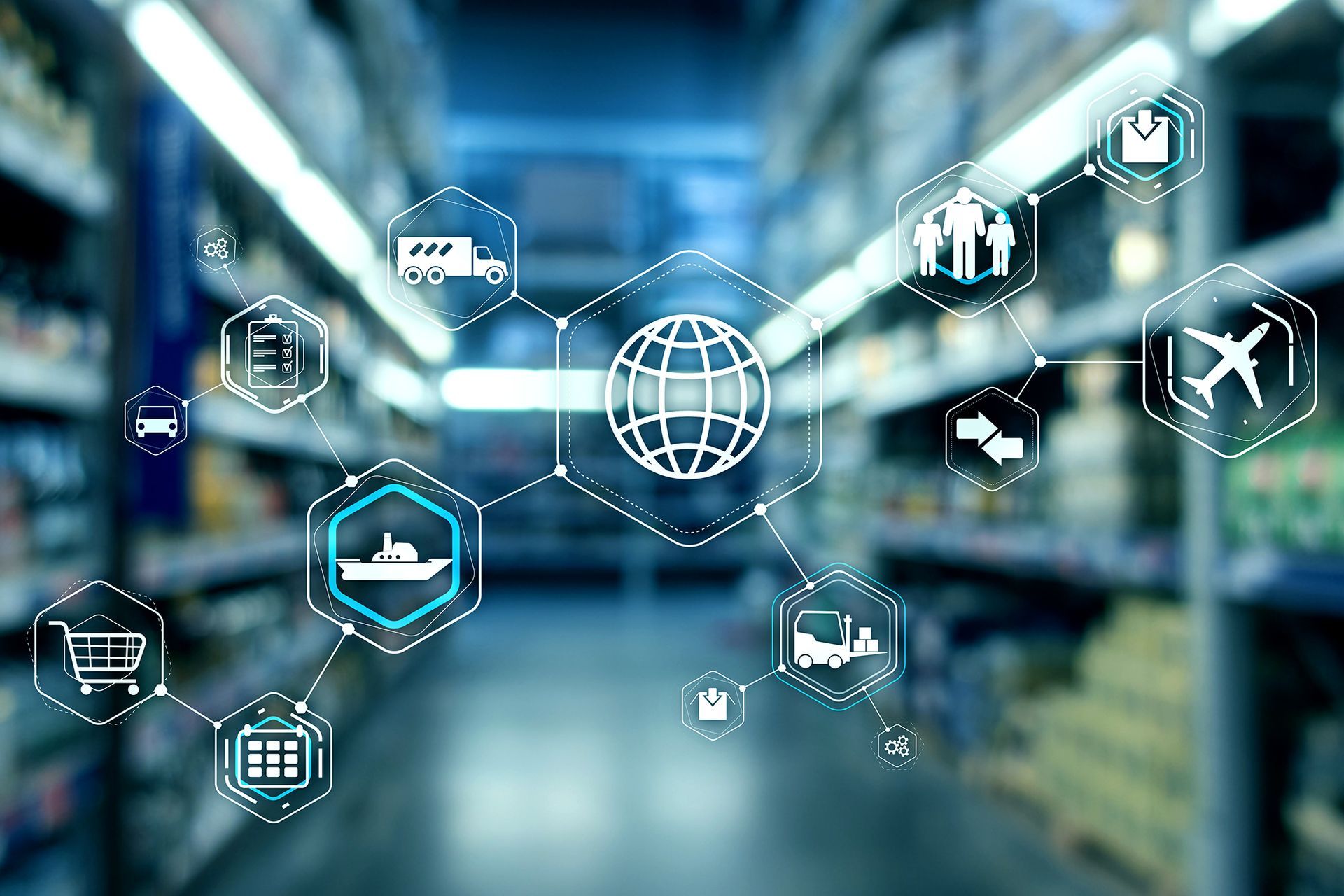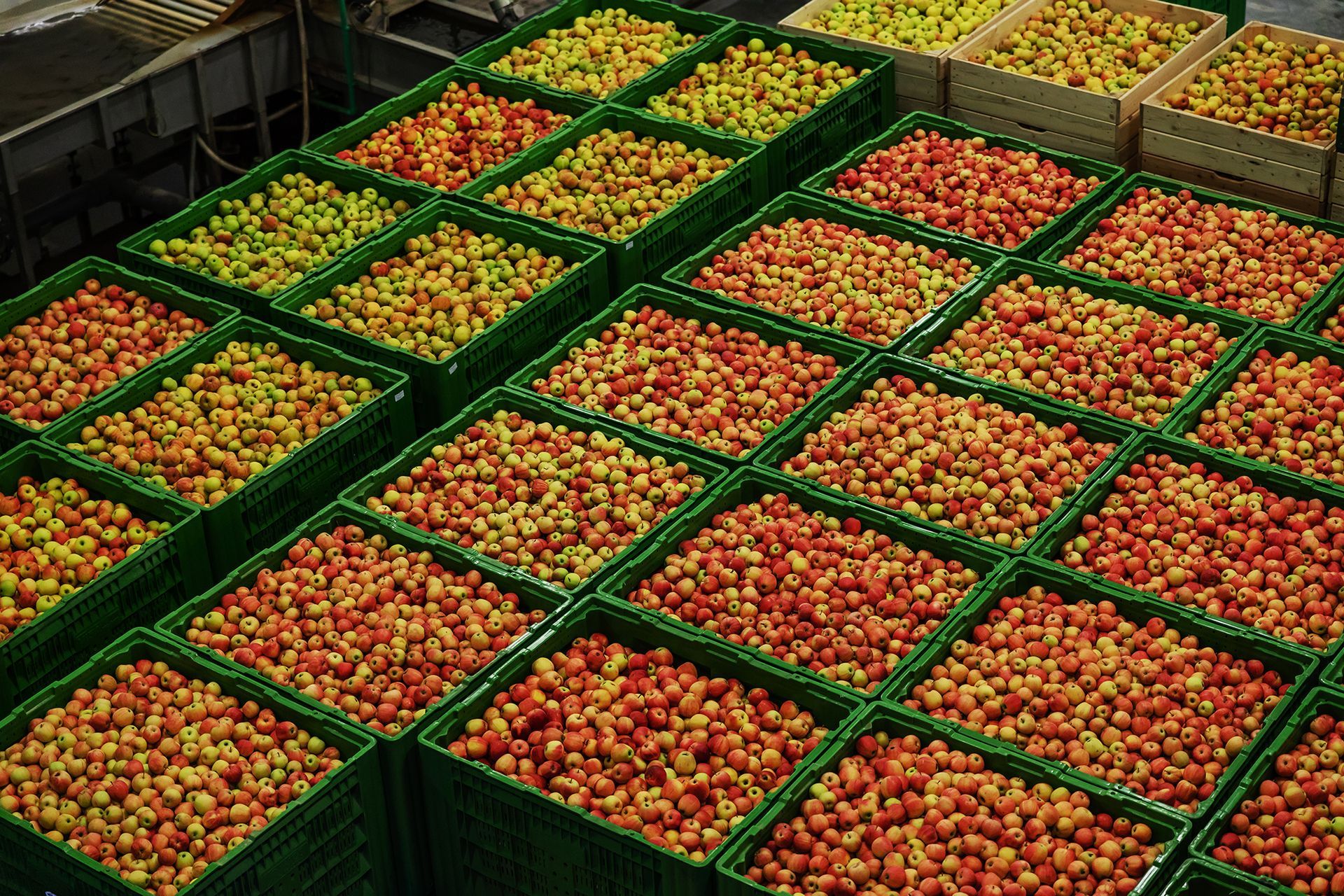The Significance Of Technology In Pharmaceutical Logistics Optimisation
With the development of novel treatments and drugs every day, the pharmaceutical industry has experienced substantial growth in recent years. The COVID-19 pandemic, on the other hand, has highlighted the crucial need for efficient and effective pharmaceutical logistics. Despite the industry's growth, which currently stands at $1587.05 billion, according to the most recent Business Research Company data, the supply of pharmaceuticals and vaccines continues to face various challenges, particularly in remote regions where technology and connectivity can be challenging.
For example, in some remote parts of the world, such as some African countries, vaccine distribution to the final medical center can be inefficient due to a lack of technology to preserve the vaccines at the proper temperature and humidity specified. Additionally, there may be no tool to evaluate the vaccine's efficacy for use. The present issue emphasises the demand for innovative technology for improving pharmaceutical logistics.
A recent study published in the
Journal of Emerging Technologies and Innovative Research (JETIR) states that the pharmaceutical supply chain can be complex and problematic. According to the study, pharmaceutical firms should think about implementing new technology to improve the supply chain and logistics.
What Is Pharmaceutical Logistics?
Pharmaceutical logistics is the process of planning, implementing, and controlling the transportation of pharmaceutical products from raw materials to finished products to meet consumer demand. It consists of a variety of tasks, including procurement, transportation, storage, and distribution of pharmaceutical products, while ensuring all compliance criteria are met and that the standard and quality of the goods are maintained.
It is often a complex and regulated process that at present deals with challenges frequently. The primary challenges are preserving product integrity throughout transit, making sure that regulatory standards are met, successfully managing inventories, and promptly supplying customer demand. Additionally, it is difficult to optimise the logistics process due to the high cost of pharmaceutical supplies and the requirement for careful temperature control during shipment.
The Role Of Technology In Optimising Pharmaceutical Logistics
Fortunately, technology has played a significant role in addressing some of the challenges in pharmaceutical logistics. The use of technology has enabled pharmaceutical companies to optimise their supply chain processes, enhance supply chain visibility, and improve the quality and safety of their products. Here are some of the ways new technology has been transforming pharmaceutical logistics:
1. Automation Of Supply Chain Processes
The automation of supply chain processes has enabled organisations to streamline their logistics operations, reducing lead times and costs. Automation technologies such as robotic process automation (RPA) and artificial intelligence (AI) has enabled organisations to automate tasks such as order processing, inventory management, and transportation planning, reducing the need for manual intervention. Also, it has resulted in reduced errors, increased efficiency, and eliminated manual processes, leading to cost savings and faster delivery times.
For example, the usage of temperature monitoring solutions like data loggers in cold reefer trucks and warehouses eliminates the need for manual entry to simply record and check on the status of temperature-sensitive medications regularly. Additionally, these temperature data loggers send out automatic SMS and email alerts if any sudden fluctuations or deviations from set conditions occur.
2. Real-Time Tracking & Monitoring Of Shipments
Real-time tracking and monitoring of shipments have enabled organisations to improve supply chain visibility, reduce the risk of theft or damage, and enhance customer satisfaction. Technologies such as GPS tracking, sensors, and RFID tags enable organisations to track the location and condition of shipments in real-time, allowing for proactive decision-making.
We at Adapt Ideations offer KELVIN, a temperature data logger solution with geo-fencing technologies present. This solution allows for real-time monitoring of temperature, along with location tracking and monitoring of shock and light exposure, so you can be sure that your shipment reaches its destination in good condition.
3. Data Analytics & Predictive Modeling
Data analytics and predictive modeling have enabled organisations to make informed decisions and optimise logistics operations. With this technology in place, companies can identify potential bottlenecks, optimise routes, identify patterns, forecast demand, track OTIF performance and optimise inventory levels, reducing waste and costs.
4. Internet Of Things (IoT) & Blockchain Technology
Blockchain and
IoT technology have the potential to revolutionise pharmaceutical logistics by facilitating safe and open data sharing across stakeholders. The position and condition of shipments can be tracked using IoT devices like temperature sensors and RFID tags, and an immutable record of the product's journey from the manufacturing facility to the final customer can be provided using blockchain technology.
Way Forward
To summarise, technology has been critical in optimising pharmaceutical logistics. Pharmaceutical companies can monitor their supply chain, analyse inventory levels, and spot possible challenges in real-time with the help of technology like data analytics, IoT, and automation. It has resulted in increased transparency and accountability, as well as cost savings and efficiency improvements.
To meet the ever-changing challenges in pharmaceutical logistics, however, there is still a need for constant innovation and investment in technology. Pharmaceutical companies must continue to be flexible and adaptable to changes in the industry due to the advent of new diseases, regulatory changes, and growing demand for personalised treatment.
As a result, pharmaceutical firms and logistics suppliers need to keep looking into and implementing innovative technologies that help streamline their processes and enhance patient results. By doing this, the sector may develop further and meet the requirements of patients all over the world better.
Visit us at
Logipharma EU taking place in Lyon next week between the 25-27th April to learn more about our IoT and temperature monitoring solutions.
Share Our Post.
Awards & Recognition
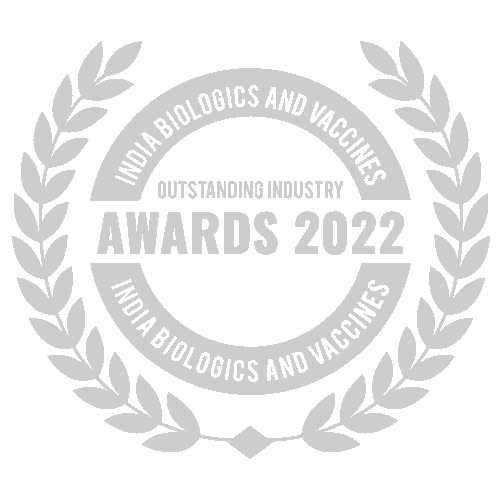
Best Temperature Monitoring Solution Provider
Awarded by India Biologics & Vaccines Outstanding Industry Awards 2022
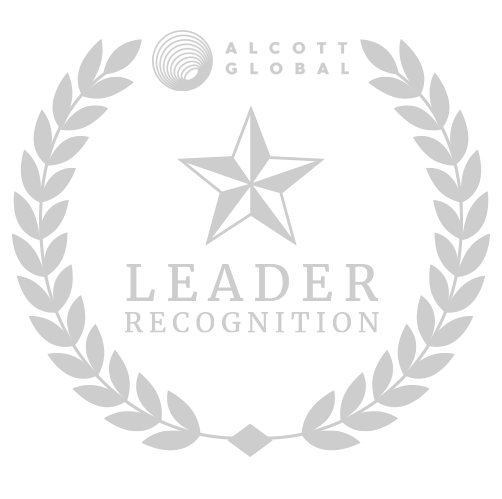
Adapt Ideations Recognised As A Supply Chain Leader
by Alcott Global on Supplify's Supply Chain Tech Map 2.0
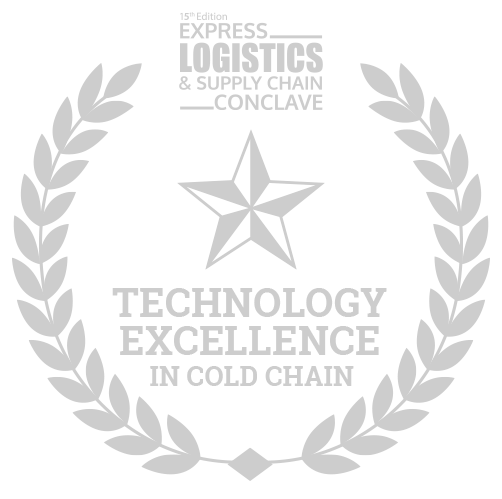
Related Articles.
